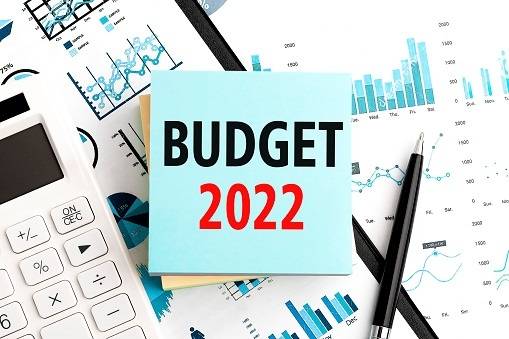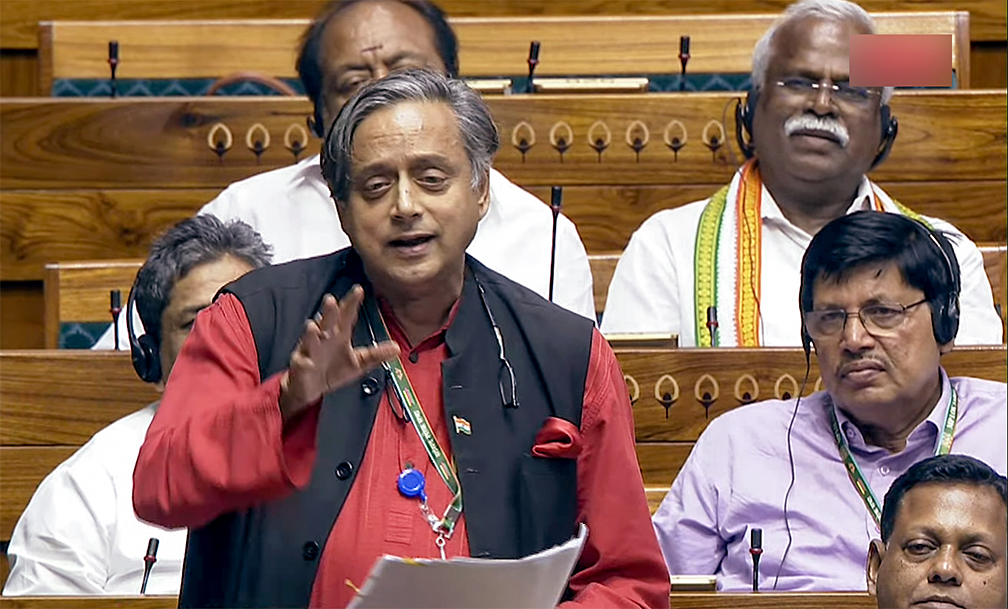The disruptions from the pandemic have weighed heavily on India’s fiscal metrics, with the central government’s fiscal deficit rising to an all-time high of 9.2 per cent of GDP in FY21…reports Asian Lite News
Union Budget 2022 will focus on gradual fiscal consolidation while pushing public capex, creating a conducive environment for private capex, and raising resources via strategic divestments, Morgan Stanley said in a report.
The budget is likely to focus on gradual fiscal consolidation, continuing to favour investment-driven growth with a push for both public and private capex, and raising additional resources through strategic divestments and asset monetization.
“Apart from this, we would be looking for clarity for Indian bonds to be included into global bond indices. Indeed, the overall focus of the government should be to utilize all revenue levers effectively (tax compliance to improve tax to GDP, strategic asset sales) to sustainably improve the health of the public sector balance sheet”, Morgan Stanley said.
The impact of the budget on the market has been on a secular decline. Nevertheless, market participants still need to negotiate volatility. Factors that will likely have maximum impact include a credible fiscal deficit target, the government’s spending plans vs fiscal consolidation, changes to long-term capital gains tax, lower taxes for the services sector, resolution of tax issues for FAR bonds, and the timing and quantum of asset sales.
The disruptions from the pandemic have weighed heavily on India’s fiscal metrics, with the central government’s fiscal deficit rising to an all-time high of 9.2 per cent of GDP in FY21. However, the story has changed in FY2022 with a positive surprise from tax revenue, which has seen improved buoyancy. As such, gross tax revenue is expected to track at 10.9 per cent of GDP in F2022 vs the budget estimate of 9.9 per cent of the GDP. As such, we expect the fiscal deficit to be at 6.8 per cent of GDP, assuming the LIC IPO is deferred to F2023. If the IPO happens in F2022, the fiscal deficit could be lower at 6.4 per cent of GDP, Morgan Stanley said.
“We expect the fiscal deficit to be 6 per cent of GDP in F2023, driven by some reduction in pandemic-related spending and continued tax buoyancy. A gradual fiscal consolidation path will also give the government flexibility to provide any additional support to the economy should Covid-related disruptions continue into F2023”, it added.
ALSO READ-Budget session begins Jan 31, Union Budget on Feb 1













